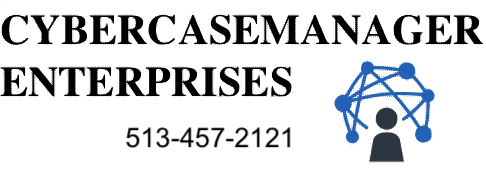The role of Asking in Knowledge Management
Most knowledge sharing in our private lives is driven by Asking. Let’s use this in work as well.
I bet you shared this knowledge bacause you were asked.
- “Where are the car keys?”
- “What’s the weather going to do today?”
- “Are you doing anything tonight”?
When do we share? Most often, when we are asked
Who do we share with? People who ask us
What is preventing us from sharing? Often, nobody is asking (see here to understand how to tell when sharing is broken)
So how do we take these principles into the workplace?
There are several ways in which you can introducing Asking as part of a Knowledge Management framework.
The first obvious example is in Communities of Practice. The most important and powerful role of CoPs is providing a forum where CoP members can ASK questions of their peers. The forum allows the person who actually needs the knowledge to ask directly, and the answer comes from the members with knowledge to share. Communities access the long tail of knowledge, and communities work better with a large element of “Knowledge Pull”
The second case is in After Action Reviews. Here someone in the team, such as the team leader, ASKS a series of 5 questions, to elicit the knowledge of the team. This knowledge will be used by the same team to improve their practices, so the knowledge providers and knowledge users are the same team.
The third example is in end-of-project Retrospects. Here the questioning is led by an experienced external facilitator. The process is an asking process – structured, quality assured, and aimed at answering (in advance) the likely questions from future projects.


Leave a Reply